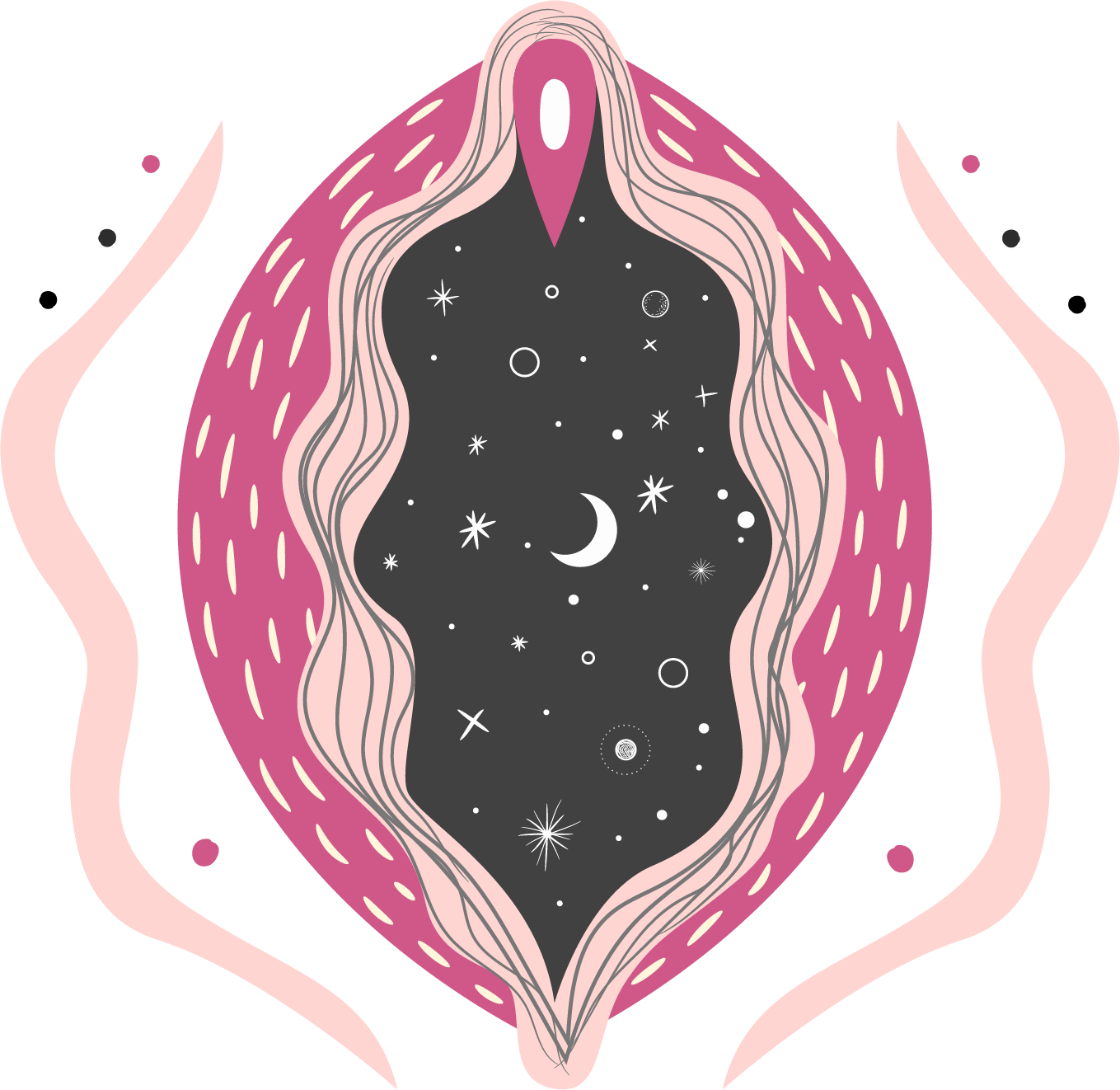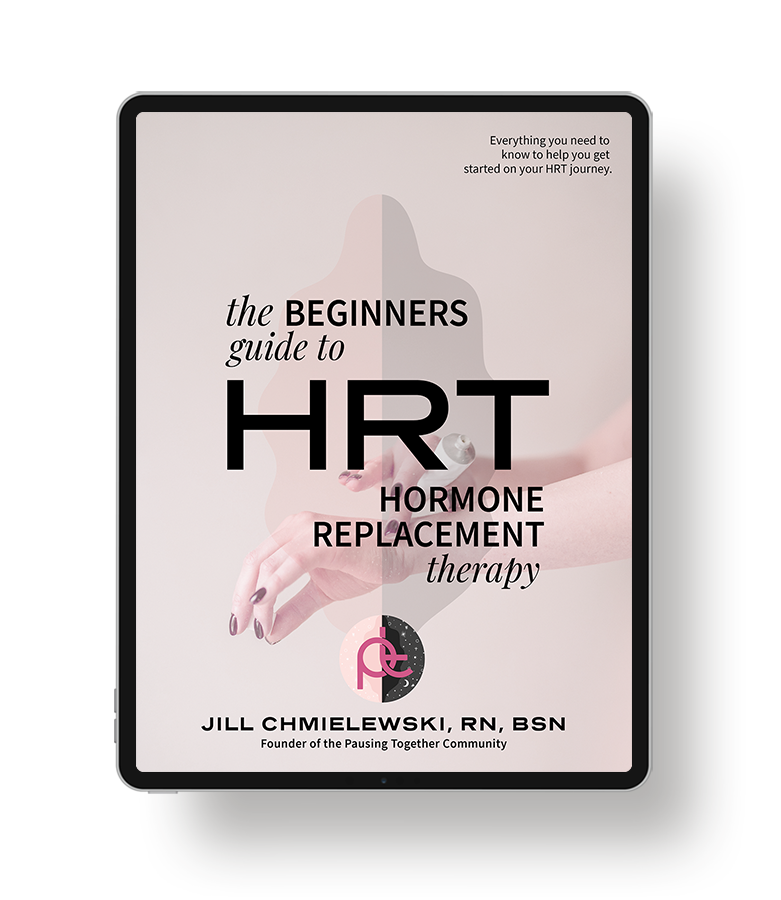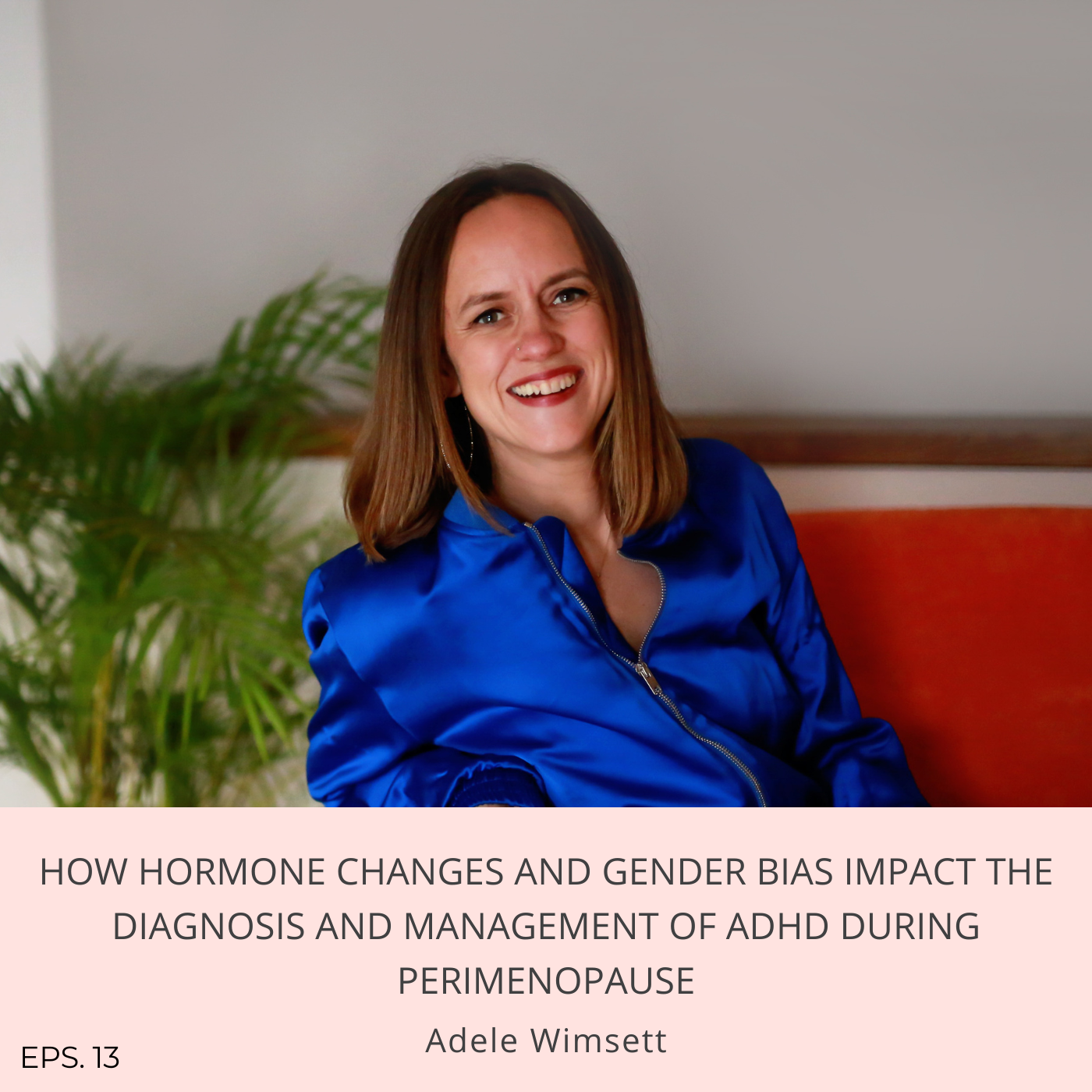One of the scariest unknowns related to Covid-19 infection and the Covid-19 vaccines is whether or not you will be one of the unlucky ones who develop blood clots.
Blood clots are scary and can lead to more serious cardiovascular (CV) events like a heart attack or stroke. Last week, NPR published a story about the rising number of critically ill patients showing up in hospital emergency rooms across the Country with serious illnesses like heart attacks and strokes.
Not good news for us midlife women because we are already at higher risk for cardiovascular issues simply because of our age, our modern-day lifestyle, and our hormone-deficient state.

When we are young, our blood vessels are flexible, smooth, slippery, and unclogged. As we get older, we tend to make food and lifestyle choices that wreak havoc on our blood vessels ~ things like eating a lot of sugar and processed food, cooking with low-quality vegetable oils, being in a constant state of stress, and so on.
Our estrogen levels decline as we journey toward menopause, which is critical to maintaining our blood vessels’ health. As a result, by the time we hit midlife, many of us have blood vessels that are rigid, damaged, sticky, and clogged.
To make matters worse, along comes the coronavirus, which invades the lining of the blood vessels (the lining is called the endothelium), further injuring our already damaged blood vessel lining. These injuries promote blood clots, causing serious complications in some patients, especially those at high risk. While we’re still learning about the mechanism by which the coronavirus vaccines cause blood clots and other cardiovascular adverse events in specific individuals, this too is cause for concern.
None of us want to end up with a blood clot, heart attack, or stroke. And we don’t have to. But we have to understand our risks for clots and other cardiovascular issues and proactively take steps to reduce our risk.
Here’s how.
First, you have to make food and lifestyle choices that support healthy blood vessels.
The stakes are too high to ignore the importance of food and lifestyle changes. These include things like eating lots of veggies, fruits, and whole “real” foods, exercising, cooking with high-quality oils, reducing and managing stress, cutting back on the booze, and so on. It’s never too late to make these changes, and if you are a midlife woman, it’s non-negotiable.
Second, assess your current risk.
We know that metabolic disease, insulin resistance, smoking, a family history of CV disease, or high blood pressure put a woman at higher risk for CV events. Ask your clinician to run a comprehensive set of metabolic, cardiovascular, hormone, and coagulation (i.e., clotting) lab markers to assess whether you have any underlying risk. Lab testing provides invaluable insight into a woman’s body, including her risk for blood clots, whether she has damaged and inflamed blood vessels, a genetic predisposition to clotting issues, and so much more.
Third, consider hormone replacement therapy (HRT) if you are hormone deficient.
Transdermal (this means applied to the skin) estrogen replacement is protective against cardiovascular disease and can help keep those blood vessels flexible and smooth. Estrogen taken orally (i.e., in pill form) increases clotting factors, so avoid using any type of oral estrogen. (Please be aware that the birth control pill contains a synthetic form of oral estrogen, which increases the risk of developing blood clots.)
Consider targeted nutraceuticals and other supplements that support healthy blood vessels.
We need a whole host of nutrients to support the health of our blood vessels and cardiovascular health, including fiber, the B vitamins, Vitamin C, Vitamin D, Vitamin E, Magnesium, fish oil, zinc, selenium, etc. Please work with your clinician on this one to ensure that your body is getting what it needs for optimal health.
Consider following the C-19 prevention and early treatment protocols to prevent excess inflammation and blood clots.
I’ve previously shared the FLCCC’s C-19 prevention and early treatment protocol with you, and they continue to update their protocols based on the evolving situation. If we can avoid getting C-19 altogether, that would be ideal, but if not, there’s a lot of early treatment intervention options that have been shown to help reduce excess inflammation and blood clots. Be sure to revisit their website regularly for new updates.
There’s good news in all of this.
We can do a lot to prevent blood clots, CV events, and other diseases and set ourselves up for excellent health. It’s important to educate yourself, understand your risk for disease, take action when your body develops symptoms (rather than ignoring symptoms), and consistently make food and lifestyle choices that support health and vitality.
P.S. Dr. Thomas E. Levy recently published “Canceling the Spike Protein, Striking Visual Evidence,” an article that goes into detail on the spike protein, risk factors, and protocols to help address adverse events that occur as a result of Covid-19 infection and the Covid-19 vaccines. It’s an excellent article and well worth the read. You can read the article by clicking here.





